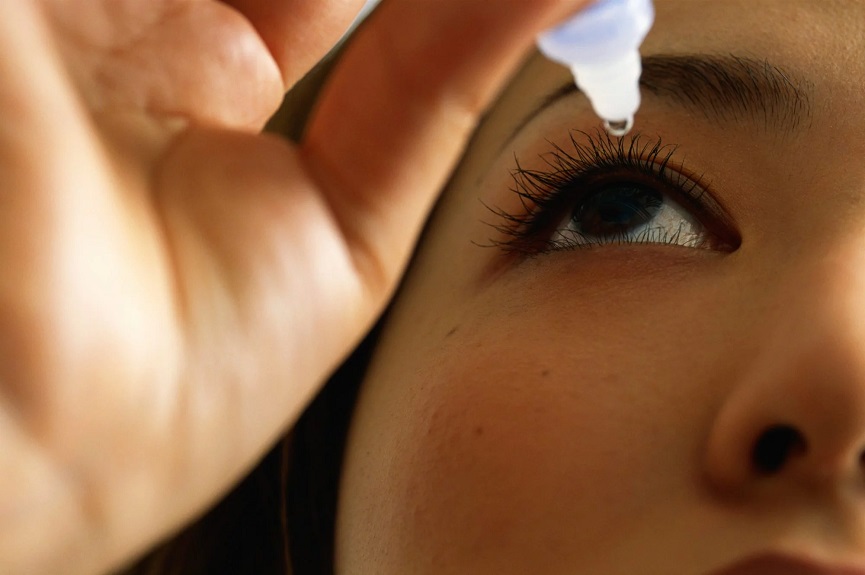Wearing a face mask has become the new normal. This is the first step in preventing the spread of COVID-19.
Now, almost everyone has experienced some effects of long-term use of the mask. Skin irritation, friction acne, and hurting ears are some of the common side-effects experienced by wearers who use masks for a prolonged period.
At the same time, excessive mask-wearing has also engendered a new medical syndrome that ophthalmologists are dealing with – a condition widely being referred to as ‘mask-associated dry eyes’. So, if you have experienced eye discomfort and lack of lubrication over the past few months, particularly after a face mask has become a daily part of your outfit, you are likely to suffer from this syndrome!

The term ‘mask associated dry eyes’ has become popular in recent months ever since ophthalmologists noticed a rising stream of people reporting dry and irritated eyes.
Most people reported with the condition don’t have a history of dry eyes syndrome. The people who have spent so much time in this lockout period on digital devices, as well as those wearing masks for an extended time, reported the symptoms. Furthermore, the medical officers and other people in the field who wear masks all day to protect themselves from infection are at higher risk of contracting the disease.
What causes dry eyes among mask wearers?
Our faces are not designed to wear masks for hours at a stretch. We all experience how the area around our lower faces tend to heat up on account of constant exhalation inside the masks.

Wearing masks impedes the natural flow of air from our nostrils and also re-directs some of the air we exhale up towards our eyes. When this happens constantly for hours at a stretch, it contributes to the drying up of the lubrication in the eyes, resulting in irritation or inflammation of the eye surface.
Is there anything we can do about it?
It is necessary for long-term wearers of masks to consider their effect on eye health and to take adequate measures to control eye irritation. Although it is not advisable to remove a mask in this situation, effective steps must be taken to remove or minimize its effects on ocular health.
If you are one of those people who wear masks every day for hours at a stretch, here are some remedies you can follow;
- To avoid or reduce the upward flow of air from your nostrils to the eyes, wear appropriately suited masks, ideally with pliable nose-wire.
- Pick for yourself the right mask. Make sure that your mask doesn’t have too many stretching effects on your lower eyelid or interfere with the natural process of blinking.

- Give yourself frequent breaks from the mask when possible. Remove your mask and let your eyes recover from the irritation if you can afford to spend some time in secluded or open areas between works. By the same logic, you can remove your mask when you are walking alone in an open space or are alone at the office.
- If you encounter symptoms such as irritation, itching, or burning sensation in the eyes, do report it to an ophthalmologist and get checked immediately.
- Using lubricating eye drops such as prescribed by the ophthalmologist is recommended for people experiencing dry eyes.



































